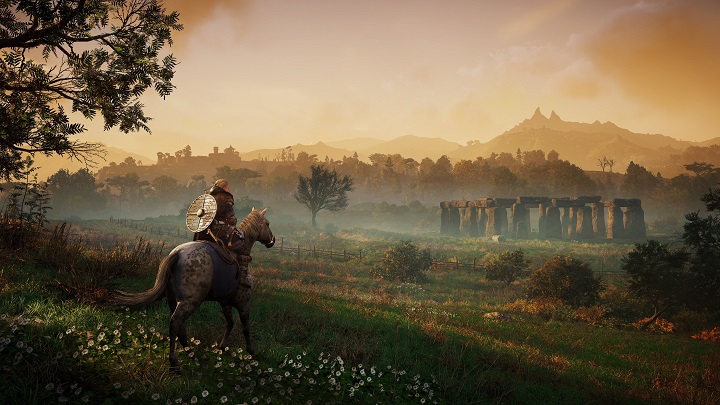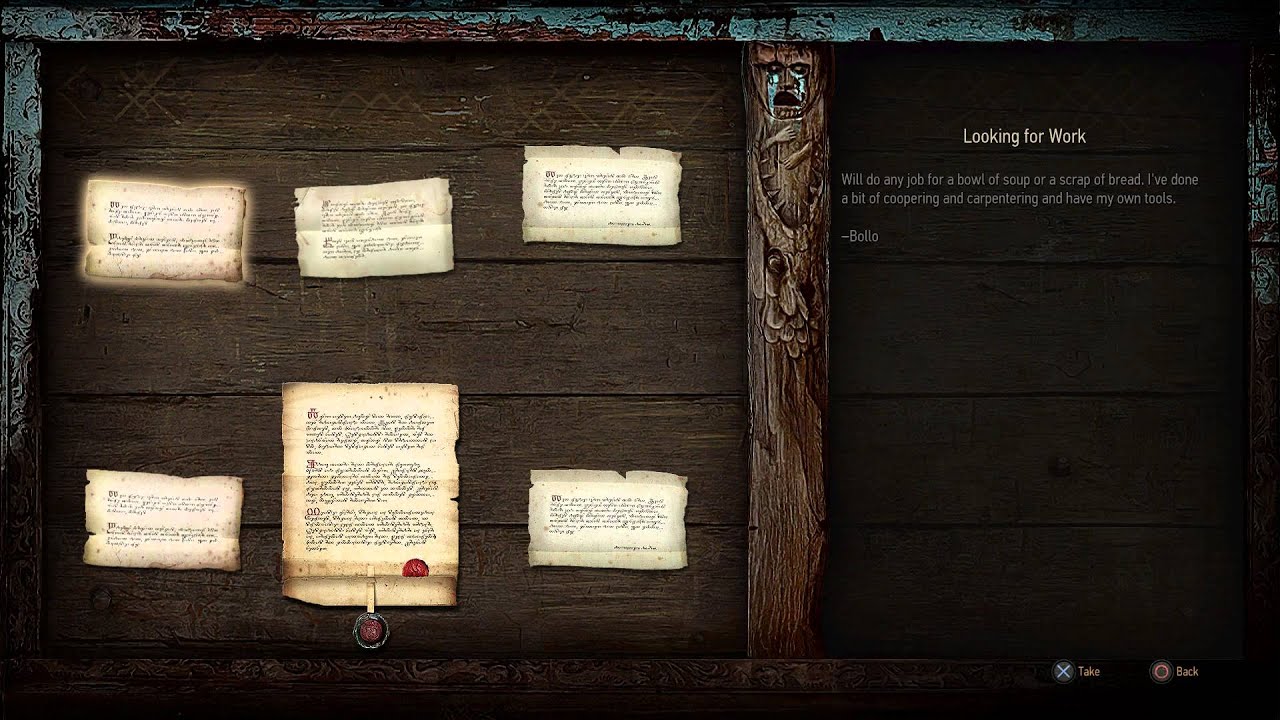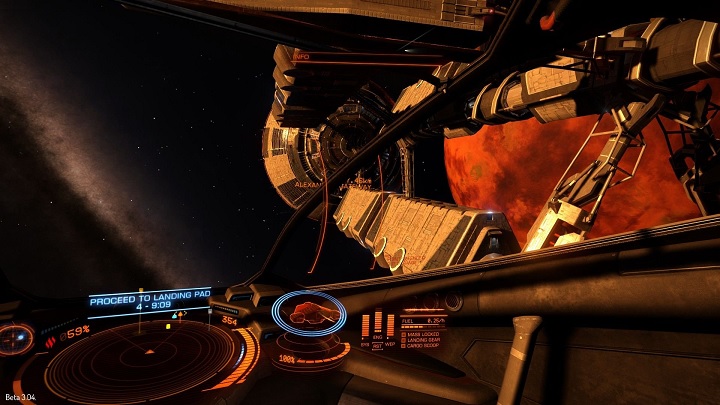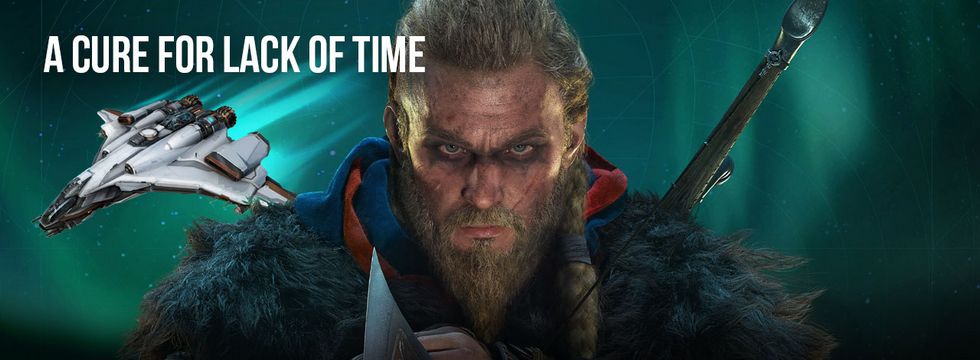My Unlikely Remedy for Lack of Time to Play Are... Long Games
Short games seem a perfect choice for players who don't have much time to play. But are they really? In my case, the remedy for this problem was completely counter-intuitive.
Every player eventually reaches a point in life where they start running out of time to play. During childhood and adolescence, when we had plenty of time for virtual entertainment, most of us lacked the funds to buy games. However, as we entered adulthood and money for games theoretically stopped being a problem (especially in the era of streaming, special offers, and giveaways), time became a scarce commodity. What can be done to avoid giving up your favorite hobby?
I first discovered that the day isn't made of rubber after starting college and getting my first job. After a couple of years, my professional life has taken up most of my time (welcome to adulthood!). However, I was able to allocate a reasonable amount of time for both gaming and other hobbies or interests, as well as social life, for a very long time. The lack of time to play hit me with double the force in the second half of 2021. At that time, I decided it was time to finally give a chance to a number of smaller titles that had been sitting on my pile of shame, waiting for their turn. Did it make any sense?

How to play short games?
This is, of course, an individual matter. However, for me, the first few hours of gameplay are moments in which I gradually "get into" a given game, familiarizing myself with the controls, learning to perform specific actions, and grasping new mechanics. Exceptions include titles with a very simple design, in which everything basically comes naturally from the very beginning.
Although this approach creates certain issues. Sometimes, spending the initial hours on learning a short game can lead to a situation where, as soon as I feel completely at ease with it... the game comes to an end. In the second part of 2021, when I could manage to play for an hour a day (not even every day!), I finished several games. Exo One was a clear example of one of the titles I rushed through at that time – I only saw the end credits after two or three hours. Jusant is a more recent game that better illustrates the issue. Climbing in the latest game from Don't Nod takes some practice, and once we get the hang of it, we realize that we've also reached the finale (after which there's really no reason to go back to the game).
Long games – a remedy for lack of time
As a child and then a teenager, I loved long games. The larger the world was, the more tasks we had, and the longer the story was, the better chance a given title had of appealing to my taste. The learning process in enormous games looks very similar to that in small games for me. To be honest, I only start properly playing a large game after the familiarization phase is over. Once I feel comfortable with a particular title, I can briefly enter the virtual world and make small progress. Furthermore, dosing long games in small amounts reduces the burden of repetitiveness and monotony, which plague many big productions.

Over the years, I have received signals indicating that, contrary to my intuition, it's actually large-scale games that could solve my problem of having less free time. I understood it while playing Assassin's Creed: Valhalla. Eivor's adventure spanned more than three months of my life, which amounted to about 120 hours of fun. Interestingly, when I began playing, I felt like I was biting off more than I could chew; I was afraid that because of the game's enormous size, I would eventually give up on it. After twenty or maybe thirty hours, I experienced a certain enlightenment and understood that having less time to play than ever before, I am playing a huge game on-the-fly and moreover – I'm having a great time.
Over the next few months and years, I repeated this strategy several times. The most recent case is Starfield, the scale of which genuinely made me a little intimidated. Completing the main tasks, side quests, and optional missions in this monumental game is basically a full-time job, which is a topic for another story...
Plot can compensate even repetitive gameplay
Nevertheless, a game that spans several weeks or even months requires a motivating element to keep us engaged. For some, it will be the engaging character development system, for others, the opportunity to spend time with friends, while for me, it's the story. However, an intriguing and intricate narrative can also pose its own problems. I need to play regularly, even if only for a short time, so that I don't fall out of the loop and forget events and characters. Otherwise, I might end up returning to the game after a long break and not knowing what's happening – meanwhile, the plot is essential.
One possible solution to this problem could involve breaking the narrative into shorter threads that collectively form a larger, cohesive whole. Valhalla, mentioned above, made use of this solution, so even when I spread out my interaction with the game over three months, I had no major issues understanding the situation in which I would leave Eivor. Another approach to handling this complication could involve a procedure inspired by The Witcher 3: Wild Hunt, in which loading screens are enhanced by Dandelion's narration of the latest events in Geralt's life. On the opposite end of the spectrum was The Elder Scrolls III: Morrowind. There, neither the poorly executed journal (it has been patched over time) nor the walls of text spoken by NPCs really aided us in grasping what had happened during previous session with the game.

What if a long game is too long?
Unfortunately, I can't simply ration every long game in this way. I still have a strong desire to play a variety of titles, even though it's no longer my obsession (which another topic for another story...). It seems to me that for this reason I can't play a game for six months, a year, or even several years. That's why I avoid titles such as Elite: Dangerous (which has been sparking my imagination for years), and my experience with The Elder Scrolls Online began and ended with the Morrowind expansion.
I find that games lasting a few hours work well for me as pause between bigger titles (I don't plan to give up on them, as there are gems among that stay with me forever, like What Remains of Edith Finch). I prefer games that last around 50 hours because the explanations of a particular mechanics mostly work perfectly in them. Games that offer 50 to around 100 hours of entertainment need to demonstrate that they won't waste my time right away. When I come to the conclusion that I’m not suited for such a title, I question whether what I’m currently doing is what I want to be doing for the next few weeks or months. If my answer is: "Hell no!," I just quit. I try to avoid games developed with hundreds or even thousands of hours of fun in mind... I just don't have that much time.

The latest discovery
I'm writing these words while the engines of my fighter in Everspace 2 are warming up. HowLongToBeat states that finishing the main storyline and side missions in this game takes about 50 hours. It appears that I have found another game to keep me occupied for many weeks to come. Many smaller titles that I recently installed will have to remain patient.

